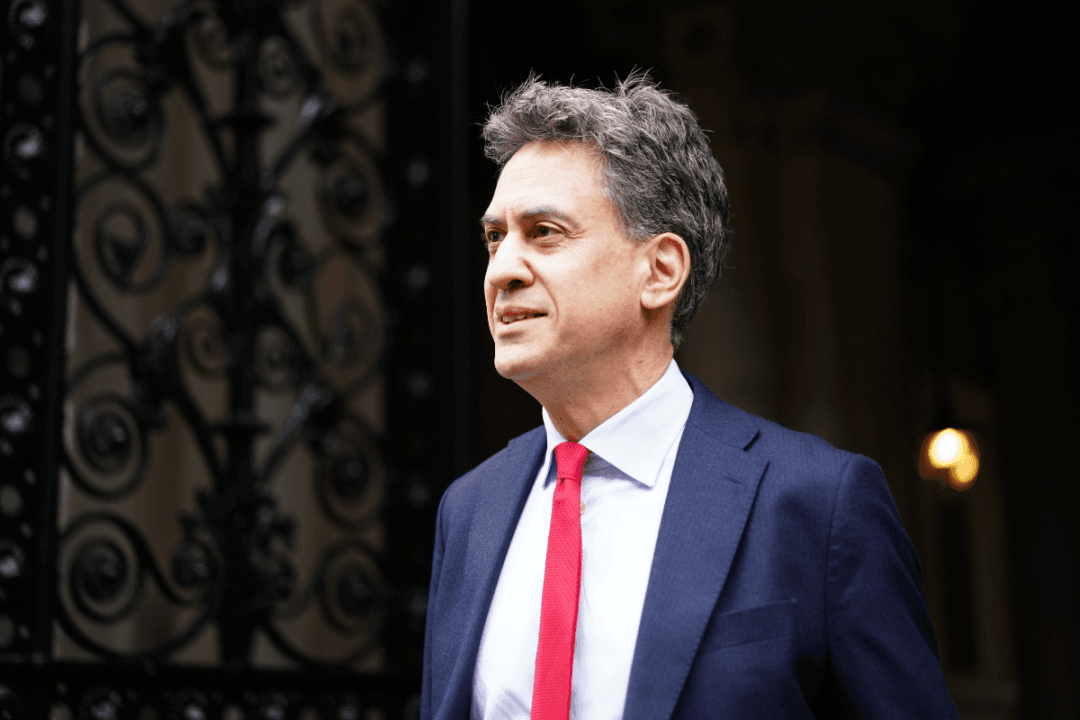Nuclear power has an “essential role” to play in the government’s net zero strategy, Secretary of State for Energy Security and Net Zero Ed Miliband has said.
In a speech given at the Nuclear Industry Association’s conference on Thursday, Miliband said that the UK needs “homegrown, clean energy,” coming from nuclear, wind, solar, batteries, tidal stream, hydrogen, and carbon capture.





